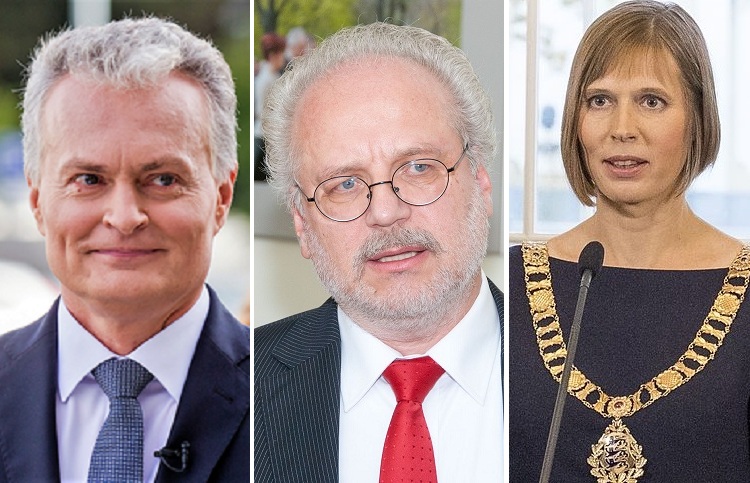The Diplomat
More than 150,000 Peruvian citizens residing in Spain have been summoned to participate next Sunday in the presidential and parliamentary elections in their country.
Specifically, next April 11, the president of the Republic, the two vice presidents, 130 congressmen and five Peruvian representatives in the Andean Parliament for the governmental period 2021-2026 will be elected.
The president and vice presidents are elected by direct suffrage and in a single electoral district and the two most voted candidates will have to go to a second round in case none of them obtains more than 50% of the votes. The center-right candidate Yonhy Lescano leads the polls, followed closely by the left-wing Verónika Mendoza, the right-wing Hernando de Soto, the center-right George Forsyth, the right-wing populist Keiko Fujimori, the far-right Rafael López Aliaga and the left-wing Pedro Castillo. The polls predict that none of the 18 candidates will win the Presidency in the first round and that it will be necessary to vote again on June 6.
Besides, the Congress is elected in 27 electoral districts, including that of Peruvians Residing Abroad, created last July and to which two seats correspond to represent the 977,292 Peruvians with the right to vote residing abroad. Voting abroad is compulsory but non-compliance does not entail a fine, except in the case that the voter who decides not to vote is a member of a polling station.
Spain has the second largest number of Peruvian expatriates with the right to vote in the world, with 152,381, only surpassed by the United States, with 310,378 and above Argentina (143,189), Chile (117,140) and Italy (94,590), according to data from the Peruvian Foreign Ministry. Voting centers will be distributed among the Consulates General of Peru in Madrid (with a single voting center in a pavilion of IFEMA), Barcelona (with voting places in the Condal Capital, La Palmas de Gran Canaria, Malaga, Mallorca, Oviedo, Salamanca, Santa Cruz de Tenerife, Vigo, Zaragoza and Andorra), Bilbao (one center in this city), Seville (with centers in this city and in Almeria) and Valencia (a single voting place in the regional capital).
In compliance with Peruvian legal provisions and the recommendations of the Spanish Government, measures have been planned to reduce the risk of contagion by COVID-19, such as capacity controls, temperature control, mandatory use of masks, availability of hydroalcoholic gel and management of voter flows and distancing measures, as reported by the Embassy, which specified that these measures must be approved by the Spanish health authorities. The more than 117,000 Peruvians registered in Chile will not be able to vote because of the strict confinement measures imposed by the government of Sebastián Piñera, which has also suspended its own parliamentary elections for the same reason.







